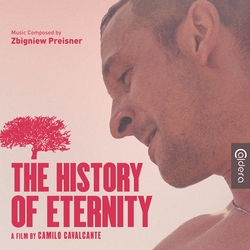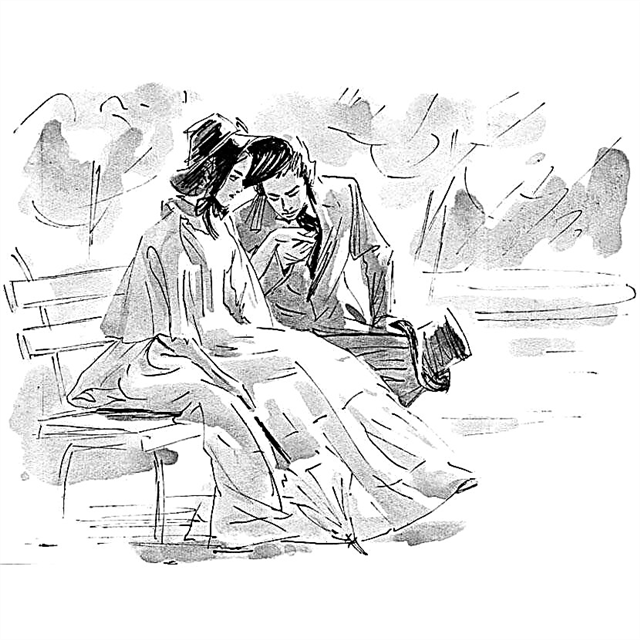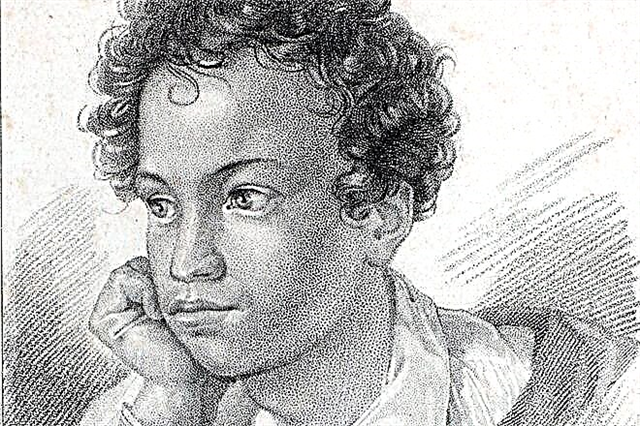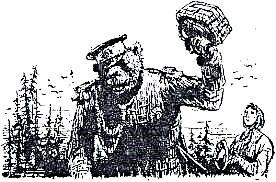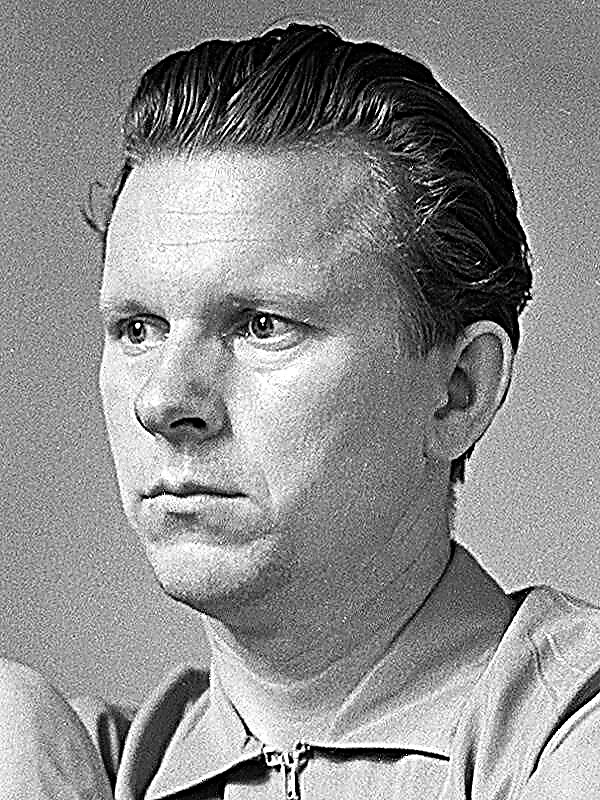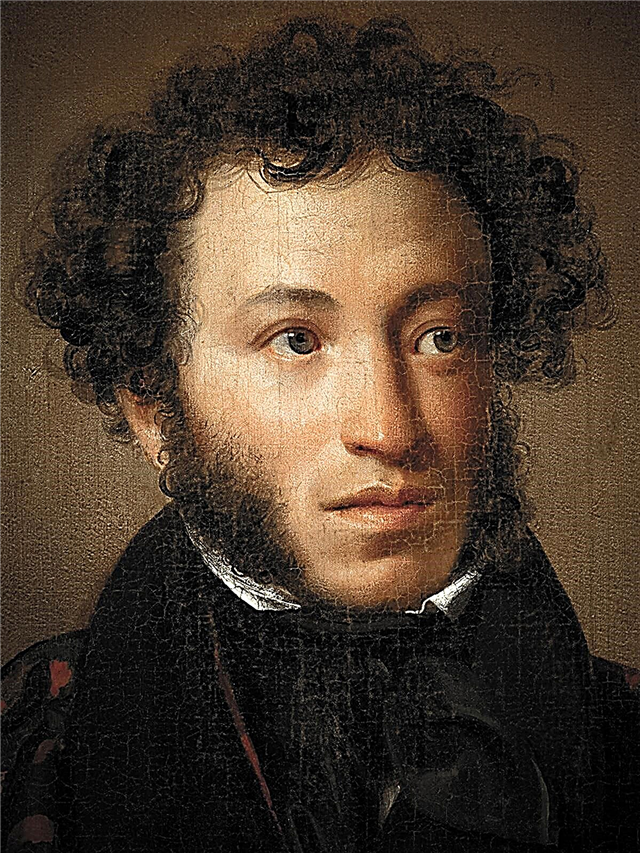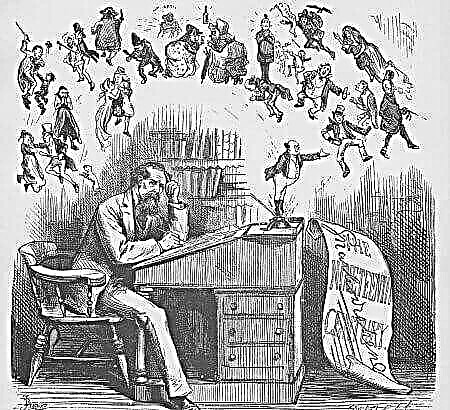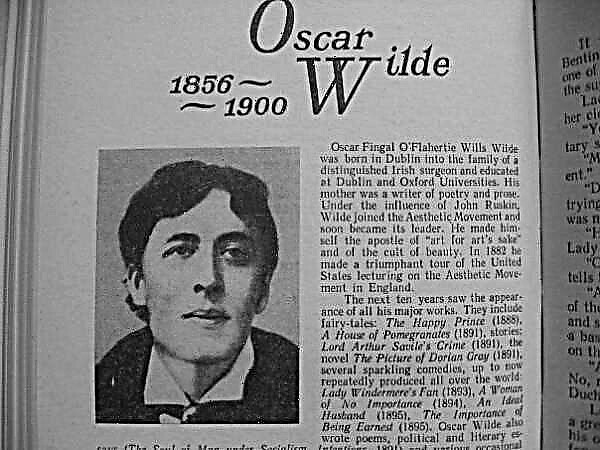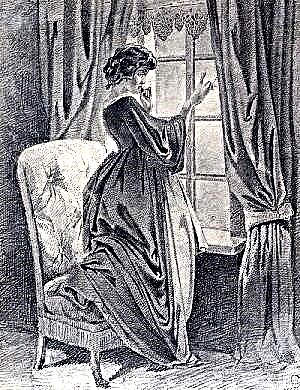Fedor Ivanovich Tyutchev is one of the outstanding Russian poets of the 19th century. He wrote over 400 poems, in each of which he raised important questions and approached the problem from a philosophical point of view. He liked to talk about nature, trying to find a relationship between the world around us and man himself. This is especially noticeable in his poem "Fountain".
History of creation
The 1820-1840s of the 19th century - this is the heyday of the writer's work. At this stage, his work reached the “peak” of success, they began to recognize him. And in 1839, at the age of 36, he wrote this poem.
The author himself at that time was in the diplomatic service in Germany. A trip to Europe helped him increase his skill level. However, despite the fact that he liked abroad, he begins to feel lonely. As a result, he is more and more immersed in himself, reflecting and philosophizing on various topics. As a result, he begins to find in nature something deep, truly bewitching. Solitude gave him a sharpness in the internal perception of reality.
Genre, direction, size
Tyutchev was a vivid representative of romanticism, and in this poem he also worked mainly "in the key", acting on the principles of this direction. The poet encourages people to pay attention to another world, to see the greatness and diversity of nature.
According to the genre, the poem can be attributed to philosophical lyrics, since such issues as self-knowledge of a person and harmony of the world are affected here.
The size of the writing of the poem is a four-foot iambic using pyrrhic. The rhyme form is circular.
Images and Symbols
- The central image in the poem is fountain. He is a kind of personification of human thought. In the first passage of the work, Tyutchev describes the fountain itself, its obsessive desire to rise up, which, in the end, leads to a fall. In the next passage, he tries to find a connection between man and the fountain. The author is trying to understand human nature, why it is so important for people to cross this line, to achieve ideality, if it still doesn’t work out.
- Ray here it acts as a symbol of a person’s spiritual energy, his desire for perfection, which is refracted anyway.
- Invisible Fateful Hand - This is the very feature that prevents a person from knowing his strength. The word "hand" has Church Slavonic roots, so the poet purposefully used it. With this phrase, he wanted to show the invisible energy that is able to guide human destiny. This is the superiority of God's law over the world.
Themes and Issues
- The main theme of this work is the ambitious desire of man to surpass himself. The central conflict is the internal struggle. Tyutchev finds the relationship between a living being and an inanimate object, focusing on the fact that they have common features. After all, the creator of the fountain is man. So God, embodied in the entire surrounding world, left in people a part of himself - the spirit, which tends to reach for the light. Accordingly, the moral and philosophical themes of the work revolve around the essence of humanity, which the poet is trying to know and explain, simplifying its being to comparison with a fountain.
- One of the problems is the restriction of people, their activities. There are certain boundaries that a person is not able to cross. From era to era, people have been trying to build their tower of Babel, but it crumbles to dust, because the possibilities of civilization are not unlimited.
- This also implies a no less important problem, namely the unquenchable pursuit of ideal, doomed to failure. Many are trying to achieve perfection, to do more of what they are able to realize. But it is necessary to find humility in order to accept that once the upward movement will stop, and recession will begin.
Meaning
The main idea of the poem is the need for humility and acceptance of the laws of being. Tyutchev speaks of the limitations of people, the predetermination of their fate and the very actions. Man is obsessed with the desire to know the world, to feel the higher laws of the universe, but there are boundaries that are simply impossible to cross. No matter how many people try, he will not be able to reach the very top. This idea lies at the heart of the Christian worldview, and the author conveyed it in lyrics. The same idea, for example, is embedded in the biblical tradition of the Tower of Babel, where people were unable to complete the city reaching the sky. Their ambitious thoughts crumbled to dust, because all the builders began to speak different languages. So, according to the theologians, different alphabets appeared, for God punished his creatures for excessive curiosity. In the poem “Fountain”, Tyutchev lays down the same morality, but more conciliatory: we tend to rush up, but we must come to terms with the fact that we will fall and not reach the ideal.
And in his thoughts, Tyutchev finds the common ground of a person with a fountain. This created phenomenon has the same move. Streams of water rise up, reach a certain height, but then still fall. Also in human life, after takeoff there is a fall.
Means of artistic expression
Tyutchev's work is replete with various means of artistic expression. First of all, the author uses concurrency. The whole composition is built on this technique, dividing the work into two parts. Initially, the poet creates the image of a fountain, trying to inspire an atmosphere of cordial mood. In the second, the eight-man shows the inner world of a person, while escalating the situation.
In order to give a vivid image to the fountain, Tyutchev’s poem is full of various epithets: “fire-dust”, “treasured heights”, etc. They help to see the greatness of the fountain through the eyes of the author himself. It is also impossible to do without metaphors “the fountain is flaming”, “swirling”, which enhance emotional expressiveness. One of the main techniques is to compare a person’s thoughts with a water cannon, the movement of which coincides.
The description of the second part is characteristic of widespread use of various syntactic tools. The author asks rhetorical questions and uses rhetorical exclamations to understand what the reason for man’s ambitious aspiration is.

